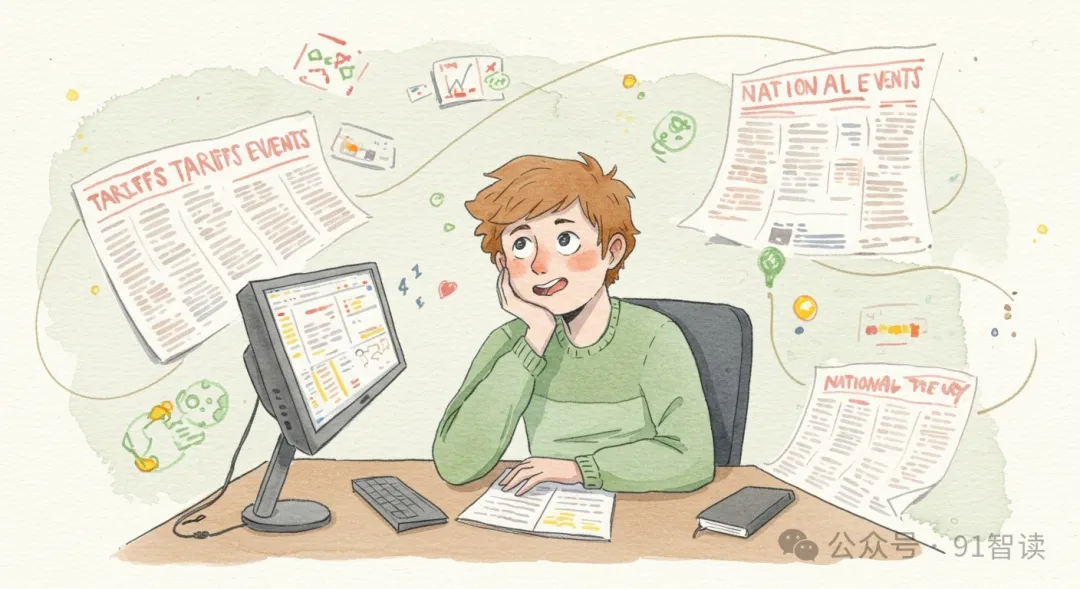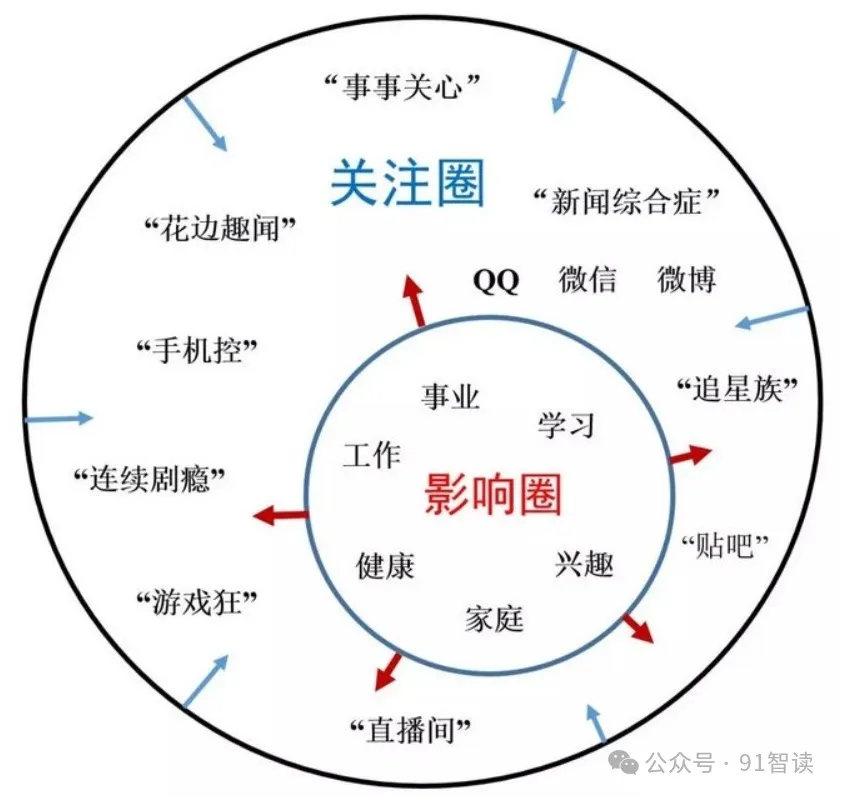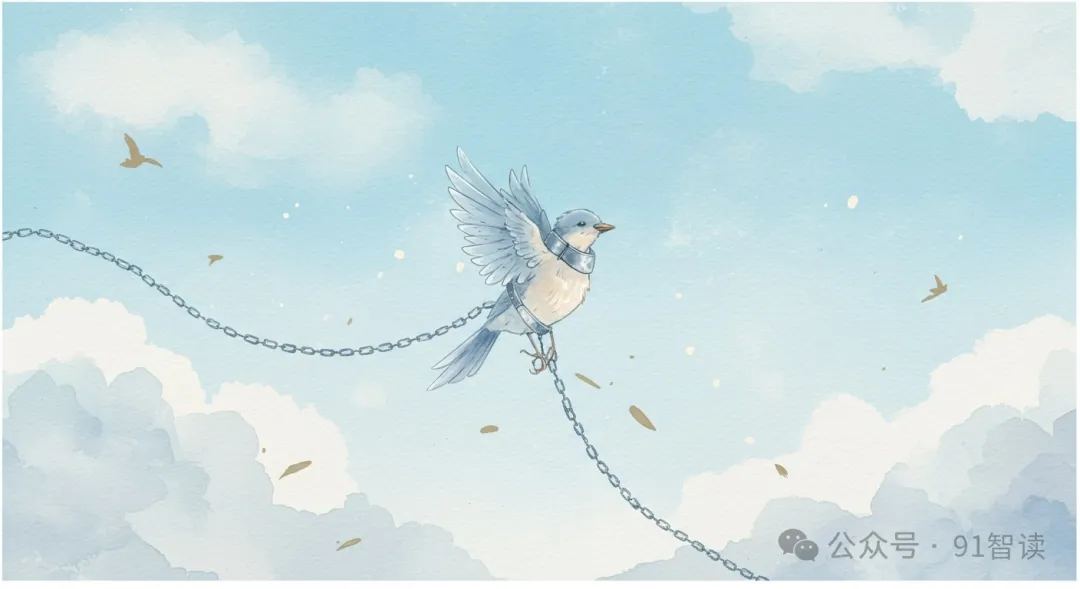I Started Caring About International Affairs!

These days, no matter where you are, as long as there’s text to be seen, you’ll definitely find this keyword: “tariffs”. Unless you’re deaf, people around you are probably discussing this topic too.
Whether it’s foreign media or social media circles, all kinds of “experts” are speaking up. Some say “America is shooting itself in the foot,” while others argue “China shouldn’t confront the US head-on.” They speak with conviction, clear logic, and righteous indignation, as if national chaos would ensue if decision-makers don’t follow their advice.
I even used AI models from both China and abroad to strategize and analyze, asking them to examine whether China has faced similar crises in its 5,000-year history, what perspectives to consider, and how to respond.
As I watched all this unfold, I realized the scene felt familiar. It dates back to 1999 when the Yugoslav embassy was bombed; then the September 11 attacks in 2001, when the internet wasn’t yet widespread in China and our teacher broke the news to us—I remember how shocked we were as students, not fully comprehending the complexity and tragedy of such an event; then the 2008 financial crisis, when the central government introduced a 4 trillion yuan policy to expand domestic demand and promote economic growth, with various “experts” pointing the way; then to disputes over the Diaoyu Islands, Huangyan Island, the US-China trade war, and other events… These events share a common feature: they’re significant enough. This created an illusion for me: “it’s relevant to me,” which prompted my next action: “follow this event,” and ultimately, I became a genuine “spectator.”
Is it wrong for me to care about national affairs? No, it’s fine if you have abundant energy, ample time, and patriotic sentiment.
But besides following more reports and expert analyses, what else can you do? Formulate a response strategy in your mind, ready to offer suggestions?
Take a breath. Calm down.
Your time, energy, and focus belong to you. We’re all ordinary people—your influence won’t extend beyond a single room, or at most, a small town.
Remember the book “The 7 Habits of Highly Effective People,” which introduces two concepts: the Circle of Influence and the Circle of Concern. It advocates expanding your Circle of Influence while reducing your Circle of Concern. This means focusing your energy and time on matters within your ability to change (influence), while matters beyond your control fall into your Circle of Concern. You can expand your influence through personal effort, skill development, and changing your mindset. The more you worry about things beyond your control, the more unnecessary anxiety you create.

Looking back at current international affairs, I believe those high-level individuals within the “Circle of Influence” can handle these matters properly. And even if they couldn’t, they wouldn’t listen to your reasoning anyway.
So, save your energy and focus on what you can actually manage right now. Have you completed today’s to-do list? Have you chosen a birthday gift for your loved one? These matters within your Circle of Influence are your real “big issues.”
I recently came across a phrase that perfectly captures today’s message: “Don’t worry about what happens 8 kilometers away, 2 hours from now.” What happens within 2 hours is what we need to handle right now; what happens 8 kilometers away is beyond our control. Focus on the present, and don’t waste energy on unnecessary concerns.
👇Scan the QR code with WeChat to follow “91WiseRead” for daily updates and growth together.

👇Welcome to add me as a WeChat friend to discuss growth stories together.

